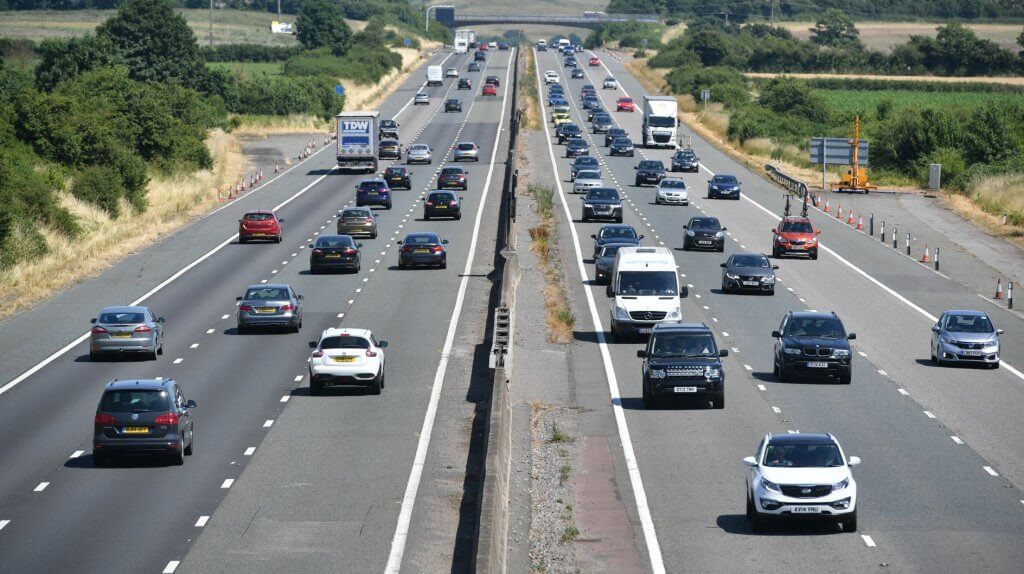Moving Petrol And Diesel Car Ban To 2030 Would ‘Create Jobs And Boost Economy’

Accelerating the ban on selling new petrol, diesel and hybrid cars to 2030 would create new jobs and boost the economy, according to research commissioned by Greenpeace.
The environmental charity expects Boris Johnson to announce a revised date for the policy on Thursday.
In February, the Prime Minister set out plans to bring the ban forward from 2040 to 2035 at the latest, as part of efforts to reach net-zero carbon emissions by 2050.
A report by economics consultancy Cambridge Econometrics for Greenpeace stated that 32,000 more jobs would be created by a 2030 ban instead of one five years later.
Thousands of these would be in sectors involved in energy, battery manufacturing and electric vehicle (EV) charging infrastructure.
But most new jobs would be in industries such as retail, entertainment and leisure, the analysis found.
This is based on a belief that the cost of owning and running an EV would be reduced, leading to consumers having more disposable income.
The report predicted that the increase in employment and public spending resulting from a faster transition to EVs would boost UK GDP in 2030 by 0.2%, equivalent to £4.2 billion.
Figures published by automotive trade body the Society of Motor Manufacturers and Traders (SMMT) show pure battery-electric new cars held a 5.5% share of the new car market in the first 10 months of the year.
Greenpeace UK’s policy director Doug Parr said the Government needs “bold” policies to create jobs and economic growth while tackling climate change.
Phasing out sales of new cars and vans with an internal combustion engine by 2030 will “do just that”, he claimed.
Mr Parr went on: “Delivered with the right policies, a 2030 phase out really would be win-win all round. The Government no longer has any excuses.
“We need a firm commitment to ban new polluting cars and vans by 2030, along with an active industrial strategy to boost manufacturing and support re-skilling, so workers can benefit from new jobs that will be created across the economy.
“The rewards are there for the taking. It’s time for the Prime Minister to plug in and put electric vehicles on a fast track to 2030.”
Bentley Motors announced last week that by 2026 it will only offer plug-in hybrid or battery electric cars, and will go fully-electric by 2030.
Progress powers every decision we make. Now we are challenging the status quo, paving the path for the next 100 years of #Bentley. Discover more: https://t.co/5Sko9CuwmD. #Beyond100 pic.twitter.com/XPFFPvWLQT
— Bentley Motors (@BentleyMotors) November 7, 2020
SMMT chief executive Mike Hawes claimed “more than an arbitrary date” is required to fully electrify the new car market.
He said: “It will require a Herculean effort from Government, including a truly world-beating package of incentives, massive investment in infrastructure and the creation of competitive investment conditions to generate rather than jeopardise jobs in this critical sector.”
He added: “With more than 864,000 automotive livelihoods dependant on drivers investing in the latest, cleanest vehicles, the single best route to job creation and emission reduction is fleet renewal.”




